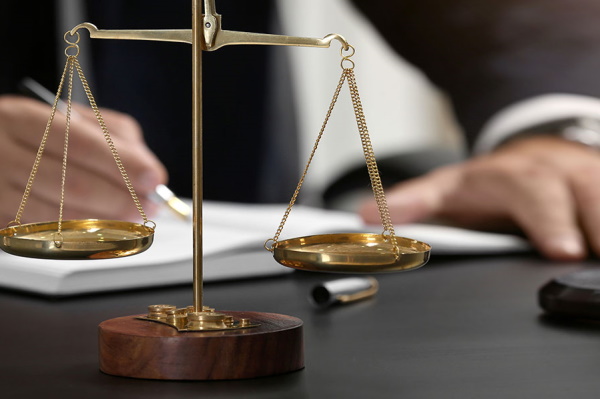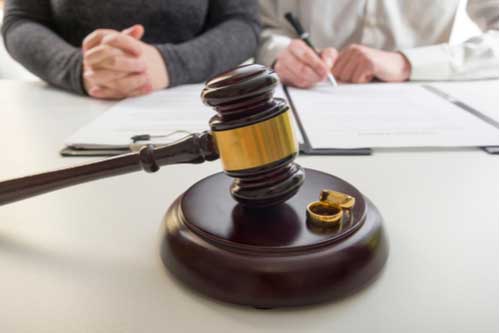You just got into a severe car accident. Not a fender bender – we’re talking smashed windows, deployed airbags, and a tow truck hauling your beloved ride to the salvage yard. As you stand on the side of the road in shock, you get a call from the other driver’s insurance company. They want to “get your side of the story” and take a recorded statement.
Should you do it? Your gut says no way, but their rep promises it will speed up your claim. Stop right there. Giving a recorded statement might seem like no big deal, but it can come back to bite you. Below, a Fayetteville car accident lawyer explains why.
What Is a Recorded Statement?
A recorded statement is an official questioning by the other driver’s insurance company about the details of your auto accident. The adjuster will question you under oath about what happened. The insurance company uses these statements to determine who’s at fault for the crash so they can decide whether or not to pay your claim.
The adjuster will ask for basic info like when and where the accident occurred. They’ll want to know specifics about how the crash happened, such as speed, traffic conditions, and vehicle positions before and after. They may ask whether you suffered any injuries and if you received medical care. While these questions seem straightforward, be very careful with your answers.
The Risks of Providing a Recorded Statement
Providing a recorded statement to the other driver’s insurance company may seem like an easy way to speed up your claim process, but it often does more harm than good. Their goal is to limit how much they pay out, not to treat you fairly. Giving them a recorded statement hands over information that can be manipulated and used against you.
Your Words Can Be Twisted
Anything you say in a recorded statement can be taken out of context or misinterpreted to weaken your claim. The insurance company may argue that a minor inconsistency in your story means you’re lying or that an unclear statement shows you’re at fault. They have teams of lawyers and claims professionals who are experts at twisting people’s words against them.
You May Feel Pressured to Accept a Low Offer
With a recorded statement in hand, the insurance company has leverage to pressure you into accepting a low settlement. They may threaten to deny your claim completely if you don’t take their first offer. Feeling anxious about the time and money at stake, many people give in at this point. But accepting an unfair offer means you’ll never be fully compensated for your losses.
Alternatives to Giving a Recorded Statement
There are a few alternatives to providing a recorded statement to the other driver’s insurance company. The main options are:
Provide a Written Statement Instead
If you want to provide some information to the insurance company but don’t want to do a recorded call, offer to provide a written statement instead. A written statement gives you more control over the information provided and avoids the risk of misspeaking.
Keep any written statement concise while covering the key details of the accident and events. Have an experienced Fayetteville car crash lawyer review the statement before submitting it to the insurance company.
Let Your Insurance Company Handle It
Another option is to let your own insurance company handle communications with the other driver’s insurance company. Your insurance company has experience dealing with these situations and knows what information needs to be provided to properly handle your claim.
They can gather information from you and provide only what is necessary to the other company, protecting your rights and interests. This approach also reduces the stress and hassle for you in an already difficult situation.
Consult With a Fayetteville Auto Accident Attorney Before Giving a Statement
Insurance companies are focused on limiting payouts, not on what’s fair. Without an attorney advocating for you, they are likely to offer a settlement that does not fully compensate you for your injuries and losses.
At Wade Law, we have a proven track record of achieving maximum compensation for our clients. Don’t settle for less than you deserve. Call us today at 770-282-1188 for a free case review with a Fayetteville car crash attorney and to discuss the best way forward for your unique situation.










